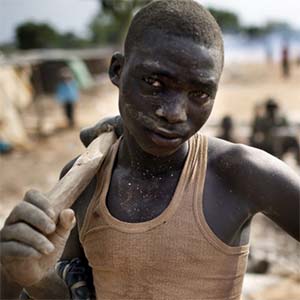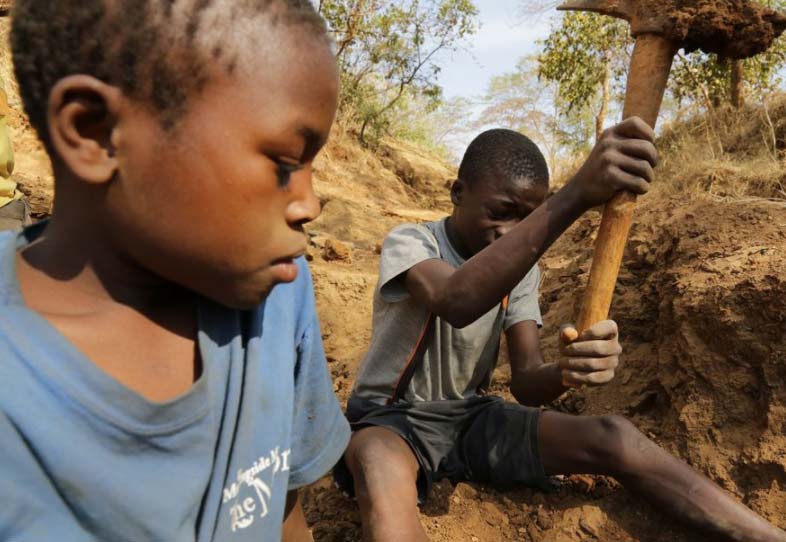
Human Rights Watch, the international nongovernmental organization that conducts research and advocacy on human rights, studied the supply chains of 13 leading jewelry brands and found that most of the companies don’t have full traceability for their gold and diamonds, and don’t sufficiently assess human rights risks.
In a recently released 99-page report, “The Hidden Cost of Jewelry: Human Rights in Supply Chains and the Responsibility of Jewelry Companies,” the NGO looked into the supply chains of companies that together represent roughly 10 percent of global jewelry sales. Of the companies researched, Boodles, Bulgari, Cartier, Chopard, Christ, Harry Winston, Pandora, Signet Jewelers, Tanishq, and Tiffany & Co. all responded to the organization’s request for information.
The remaining three, Kalyan, Rolex, and TBZ, didn’t respond to requests from Human Rights Watch, but they were studied through information publicly available.
The report’s consensus: “Jewelry and watch companies need to do more to ensure that their supply chains are free of human rights abuse.”

Two 13-year-old boys digging for gold at a small-scale mine in Tanzania (photo by Justin Purefoy courtesy of Human Rights Watch)
Human Rights Watch ranked the 13 companies “according to specific responsible sourcing criteria, including efforts to assess and respond to human rights risks, establish traceability, and publicly report about the company’s actions.”
None of the 13 could be ranked as “excellent,” but Tiffany & Co. received a “strong” rating for its pioneering efforts toward responsible sourcing. Four companies—Bulgari, Cartier, Pandora, and Signet—ranked as “moderate” for “taking some important steps toward responsible sourcing.”
Four companies—Boodles, Chopard, Christ, and Harry Winston—were ranked as “weak” for “taking few steps toward responsible sourcing.” And Tanishq was ranked as “very weak,” due to “a lack of any evidence of steps towards responsible sourcing.”
The three companies that didn’t respond were not ranked because they did not disclose information regarding their sourcing policies and practices.
The document also describes the abusive conditions under which precious minerals and metals are sometimes mined, including work sites where children have been injured and killed doing hazardous work.
Other abuses include sourcing from communities that have faced “ill-health and environmental harm” because mines have polluted waterways with toxic chemicals.
“Many jewelers can do more to find out if their gold or diamonds are tainted by child labor or other human rights abuses,” said Juliane Kippenberg, associate child rights director at Human Rights Watch in a statement. “When someone buys a piece of jewelry for their loved one this Valentine’s Day, they should ask their jeweler what they have done to find out about its origin.”
(Top: A child working at a contaminated processing site in Bagega, Nigeria, where over 500 children have died in the region due to lead poisoning; photo by Marcus Bleasdale, courtesy of Human Rights Watch)
- Subscribe to the JCK News Daily
- Subscribe to the JCK Special Report
- Follow JCK on Instagram: @jckmagazine
- Follow JCK on X: @jckmagazine
- Follow JCK on Facebook: @jckmagazine